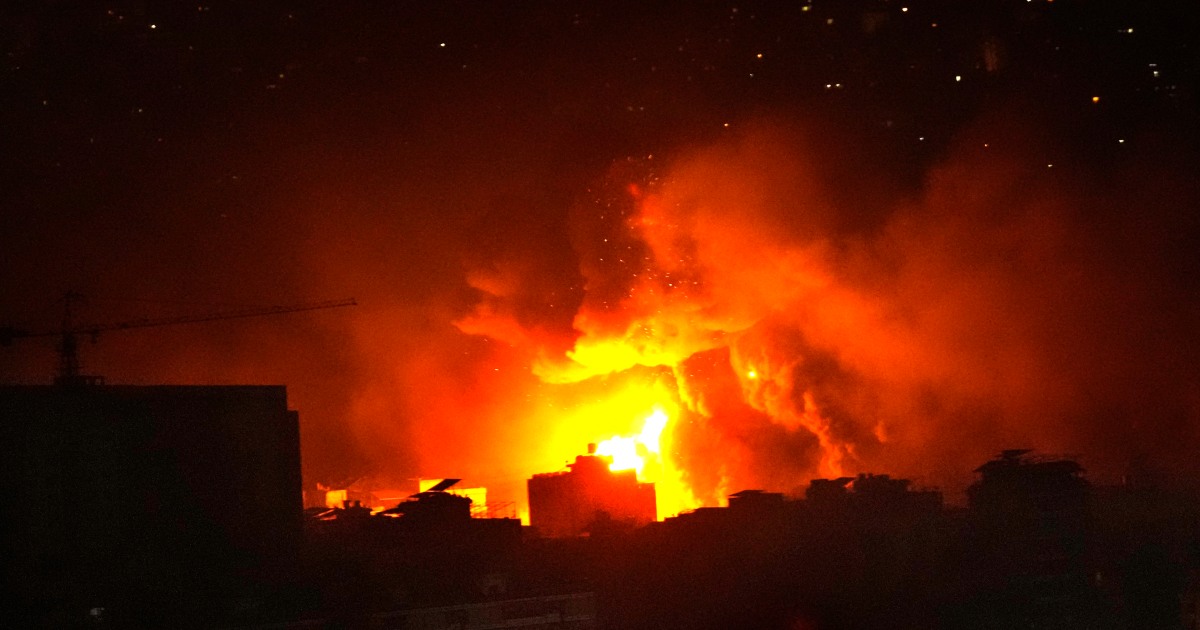Lebanon’s School Year Delayed Amid Ongoing Conflict: A Look at the Education Minister’s Announcement
In a significant development for Lebanon’s education system, the start of the school year for all primary and secondary schools has been postponed to November. This announcement was made by Lebanon’s Education Minister, Abbas Halabi, amidst the backdrop of escalating violence and instability in the region. The decision reflects the urgent need to adapt to the current circumstances, ensuring that students can continue their education despite the ongoing conflict.
The Context of the Delay
The postponement of the school year comes as Lebanon grapples with the repercussions of recent Israeli airstrikes, which have led to widespread displacement and destruction. The Lebanese University, the country’s only state-funded institution, has already closed its campuses in Sidon, Nabatieh, and Tyre due to the violence. The Education Minister emphasized that the primary goal is to salvage the academic year for students, proposing hybrid or remote learning options if in-person classes remain unfeasible.
Halabi’s announcement highlights the precarious situation faced by many families in Lebanon. With at least 40 percent of students displaced, the educational landscape is fraught with challenges. The minister expressed hope that the period of displacement would not extend indefinitely and that stability would soon return to allow displaced families to return home.
Options for Remote Learning
In light of the current crisis, the Education Minister has outlined potential solutions to ensure that education continues. Private universities in Lebanon may resume classes as soon as possible, with the option of remote learning available to students. This flexibility aims to accommodate the diverse needs of students and families affected by the conflict.
The emphasis on remote learning is particularly crucial given the ongoing violence, which has made traditional classroom settings increasingly unsafe. By leveraging technology, educators can provide students with the necessary resources and support to continue their studies, even from a distance.
The Humanitarian Impact of the Conflict
The situation in Lebanon is dire, with many families facing displacement and uncertainty. The ongoing conflict has not only disrupted education but has also led to significant humanitarian challenges. The Lebanese health ministry reported that recent airstrikes resulted in casualties, further exacerbating the already critical situation.
As the conflict continues, the need for humanitarian aid and support for displaced families becomes increasingly urgent. The Education Minister’s call for alternative centers to accommodate displaced students underscores the importance of addressing the immediate needs of those affected by the violence.
Looking Ahead: The Future of Education in Lebanon
As Lebanon navigates these turbulent times, the future of education remains uncertain. The government’s commitment to exploring remote and hybrid learning options is a step in the right direction, but it also highlights the broader challenges facing the education system. Ensuring that all students have access to quality education, regardless of their circumstances, will require sustained efforts and resources.
In conclusion, the postponement of Lebanon’s school year to November reflects the harsh realities of a nation grappling with conflict and displacement. The Education Minister’s proactive approach to remote learning offers a glimmer of hope for students and families affected by the crisis. As Lebanon seeks to restore stability, the resilience of its education system will be put to the test, and the international community’s support will be crucial in ensuring that the rights of children to education are upheld, even in the face of adversity.


